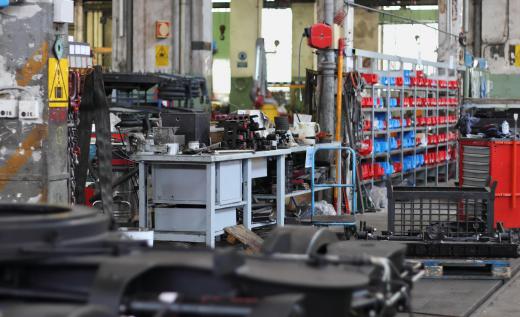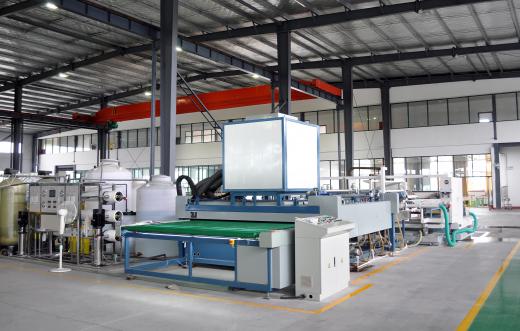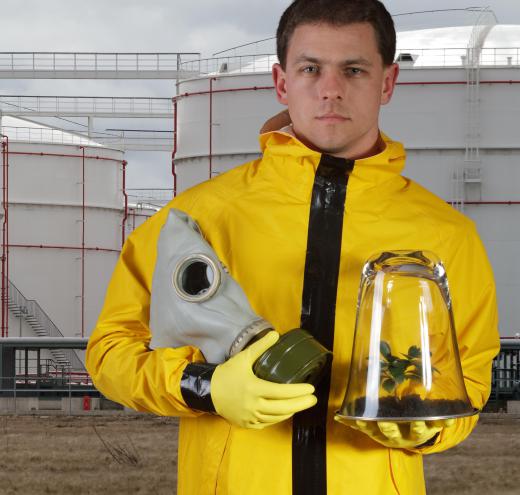Industrial air filtration refers to the method by which air quality is safely maintained in an industrial setting. An air filtration system reduces or removes harmful particles from the air, which makes it possible for workers to breathe and work in the plant or factory. Air filtration also provides air conditioning and ventilation for large commercial spaces so that workers are comfortable and equipment doesn’t overheat.
Large production environments are generally required have some type of industrial air filtration system to provide fresh air and filter out harmful airborne particles. This is important to maintain a safe work environment, but it is also important to protect the external environment. Industrial air filtration systems can be simple systems that filter out dust or dirt, or they may be multi-chamber systems that can filter out contaminants produced during industrial processes.

Commercial type industrial air filtration is most commonly found in office buildings and large-scale production plants where multiple workers must have clean air to breathe. These systems are generally a series of air vents leading to a central industrial air filtration and air conditioning station where stagnant air is cycled through and particles are separated out. This clean air is then pumped into the building to create a comfortable environment.

Any type of industrial building where harmful chemicals or waste are produced must have a government-approved industrial air-filtration or air-cleaning system in place. This protects not only the employees of the building, but also protects the environment as a whole. Releasing toxic air particles into the air is illegal in most regions and has serious negative effects on the airstream, so an industrial air filtration system removes this risk. The air is cleaned and particles, fumes, gases, soot, and smoke are removed before being sent out into the environment.

In addition to providing protection for the environment, an industrial air-filtration system can help to keep an industrial center at a comfortable temperature for operation. Equipment and processes can generate an incredible amount of heat, which can damage expensive industrial equipment, cause health hazards, and even dangerous explosions if not managed by a filtration system. The industrial filtration system also provides cooling and air conditioning that protect machinery, people, and areas where work is to be performed.
